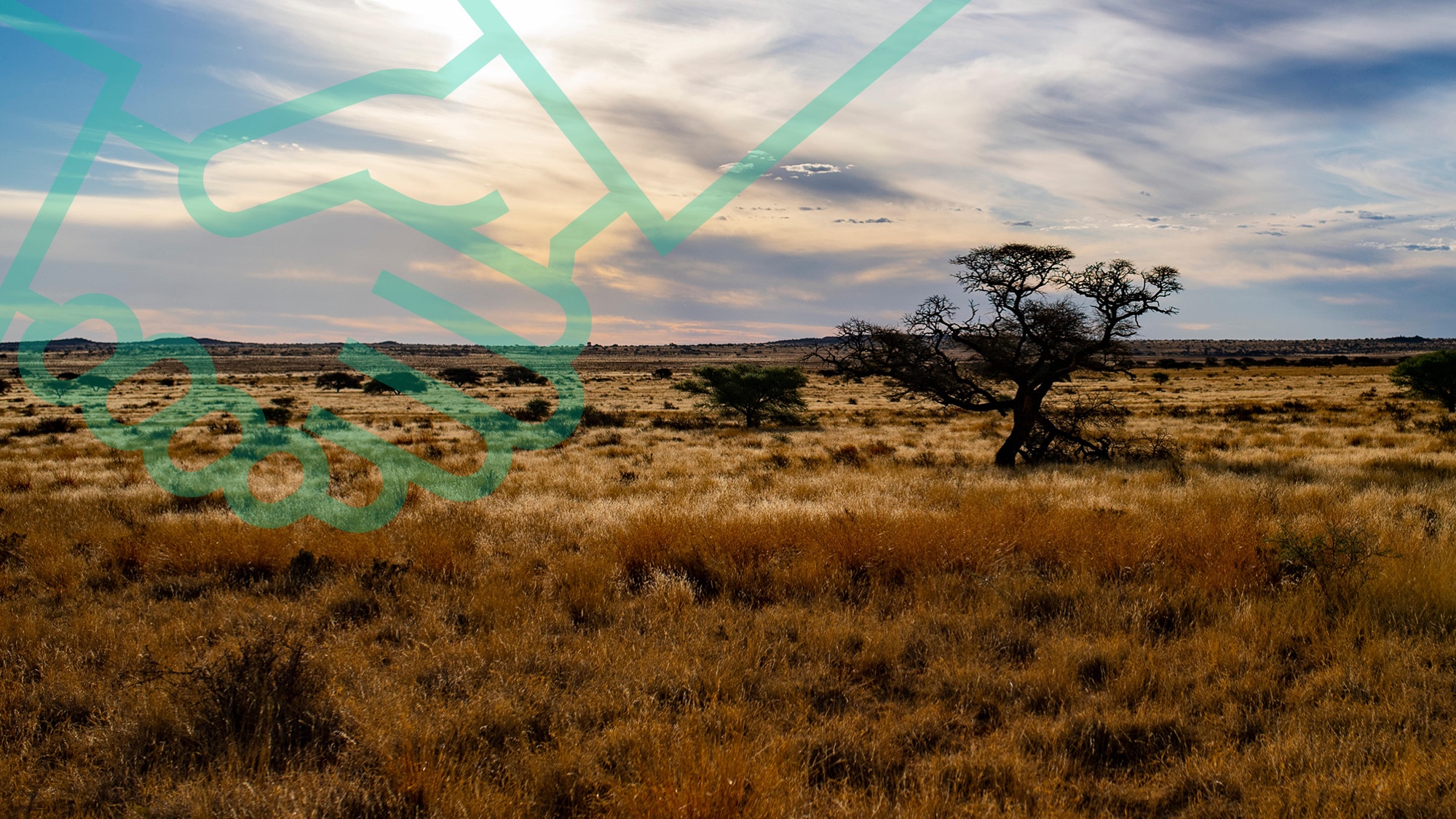
Open Insights: Africa’s scientists on the climate crisis, a continent’s approach
On the eve of the UN’s International Mother Earth Day on Saturday (22 April), we invited leading experts from the Science for Africa Foundation (SFA), Tom Kariuki, Founding Chief Executive Officer, Elizabeth Marincola, Senior Advisor for Communications and Advocacy, Judith Omumbo, Senior Program Manager, and Kabura Ciigu, Strategy & M&E Manager, to discuss the increasing effects of climate change in Africa and how ecological and economic progress can be achieved with multiple stakeholders and an elevated profile of Africa’s own experts and capacity.
Each year, the effects of climate change become more apparent. In 2022 alone, the global community has seen a year of concurrent extreme climate events.
Africa has borne the brunt of a rapidly changing climate. Glaciers on Mt. Kenya and Kilimanjaro are in peril, threatening crucial water sources. In other areas, deforestation has caused major lakes to swell in size, causing landslides, changes in water composition and flooding. Swarms of locusts, thriving in unusual weather conditions, decimate crops. As some areas shrivel from drought and others drown in flooding, countries face famine and hunger.
In response to the state of Africa’s environment, we published a detailed call to action in an Open Research Africa Climate Science Open Letter. We combine the latest research and our regional expertise to outline a clear roadmap for shielding the continent – and others – from the worst of climate change.
Aligning Africa’s priorities to climate conservation
One of our underlying messages is that Africa’s scientists and advocates are ready and engaged to reroute climate disaster. Tracking policies, conducting research, working in the field, advocates in countries across the continent are actively working to adapt to and mitigate rising temperatures – but we need greater recognition of Africa’s unique context and immense potential.
Against a backdrop of international conservation speeches and conferences, nations struggle to prioritize environment over economic growth. Worldwide, policies fall short of meaningfully mitigating climate change. This political sluggishness is an inevitable result of a conflict policymakers see between being green and encouraging growth. Given that the global yardstick for success is GDP, there’s a strong incentive for governments to choose economic growth when faced with a choice between the two.
Africa is no exception to this. Our economic resources are often locked in vulnerable environmental assets, creating a difficult choice for governments. Recently, Tosi Mpanu Mpanu, a climate change advisor in the Congolese government, defended the decision to auction land for oil drilling by emphasizing poverty reduction and growth, stating, “our priority is not to save the environment.” The continent’s development needs are real and pressing, and many African countries do urgently need more robust infrastructure and better services. Africa’s regional experts are well versed in the complexities of successfully addressing these. However, combining expertise, projects, growth and conservation requires effort, planning and inclusion.
A vivid example of how collaboration will make or break regional conservation efforts can be seen in the Great Green Wall. Over a decade ago, the African Union agreed on a “staggeringly ambitious” project to restore degraded land and grow an 8,000 km green world wonder from Senegal to Djibouti. Successfully implemented, it would capture 250 million tons of carbon dioxide, create jobs and support communities. Reviewing the project’s slow progress, audits have established that delays could be addressed by oversight from local experts, a more structured implementation framework, and increased government commitment – all of these are within the continent’s ability to provide, given the political will.
A Green Future for Africa and the world is possible
Our countries’ governments are already actively engaged in the defence against climate change: Nigeria, Kenya, Morocco are success stories in renewable energy, with Morocco on target to hit 52% of energy being renewable. Rwanda was a pioneer in banning the use of single-use polythene plastic bags, with a transformative law passed in 2019 to begin phasing out all single-use plastics. Kenya’s planned adoption of a similar plastic bag ban received a standing ovation from delegates. The African BioGenome Project (AfricaBP) has assembled African scientists in an effort to record the continent’s wide range of biodiversity.
Daunting as the challenges we face are, Africa is capable of both economic and ecological progress: but only with multiple stakeholders and an elevated profile of our own experts and capacity. Africa’s unique circumstances need greater consideration in international policy, and meaningful conservation efforts will require cooperation among the global community, regional governments, and private industry.
Explore research on Open Research Africa and learn more about the Science For Africa Foundation. For further reading, discover our open insight on open research in South Korea.
Guest contributors:
- Tom Kariuki, Founding Chief Executive Officer, Science for Africa Foundation (SFA Foundation)
- Elizabeth Marincola, Senior Advisor for Communications and Advocacy, Science for Africa Foundation (SFA Foundation)
- Judith Omumbo, Senior Programme Manager, Science for Africa Foundation (SFA Foundation)
- Kabura Ciugu, Strategy & M&E Manager, Science for Africa Foundation (SFA Foundation)
